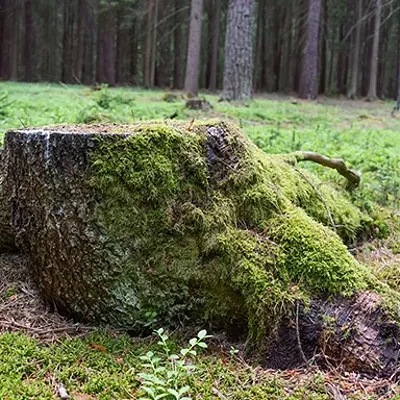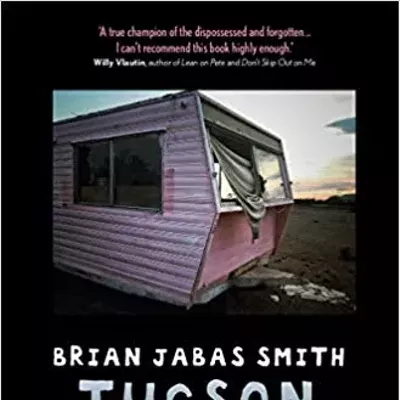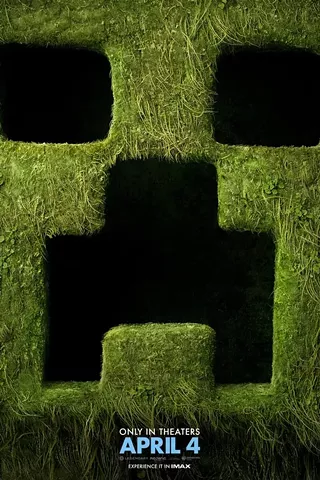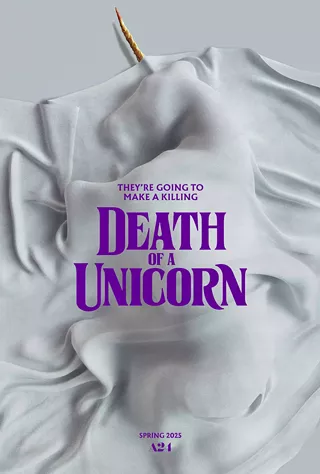Which shows something nice about America: There's no problem in the world so terrible that we can't make movies about it.
God Grew Tired of Us also shows some other good things about the United States, like that we're willing to take in refugees from a war that we didn't even start. It also shows some unpleasant things about the U.S., using three Sudanese immigrants, John Bul Dau, Daniel Abol Pach and Panther Blor, to throw into relief the tacit strangeness of life in a world of flush toilets, minimum wage, frozen chicken and intensely private property.
The film begins with a recap of the horrible events that led thousands of children to flee Sudan. Most of the refugees were young boys, since the government forces had killed or kidnapped most of the girls, and the adults were systematically murdered. The boys who managed to escape marched hundred of miles across the desert to find refuge in Ethiopia and Kenya.
After spending more than 10 years in refugee camps, the boys were now young men. An aid program, the Lost Boys of Sudan, began to resettle some of them into the United States.
This is where the film moves from horrifying to touching and comic. One of the boys mentions that he has never seen anything run on electricity. They ask if there is a river where they can get water and wash themselves. They are mystified by single-serving packages of butter.
When they arrive at their new apartments, an aid worker shows them how to turn on lights, flush a toilet, run a shower and use a trashcan. This section is great, because it really brings home how many tiny technical skills are completely culture-specific. "In America," says the aid worker, "they slice the potatoes, fry them and put them in a bag." Hearing that made me think, "Yeah, why the hell do we do that?"
Once the men settle in their new apartments, they find jobs and start trying to help the friends they left behind. At this point, the horror returns. While it's amusing to see someone try to figure out how a freezer works, it's frightening to see American culture through the eyes of those who grew up in a more communal setting.
First, the men are warned not to walk in groups, because local merchants are afraid of them. They also learn that they can't talk to people on the street, can't walk up to someone's house to ask directions and shouldn't expect people to say hello, provide any kind of assistance or even acknowledge their existence. After living in a place where everyone pitched in with whatever little they had, America's obsession with personal space and anonymity comes as a shock, and it creates tremendous loneliness for the men.
Essentially, they find that life in America is predicated on a great deal of loneliness. People shut themselves up in small homes, don't know their neighbors and work such long hours that they have no time for socializing.
Adopting and adapting to the American way of life and the American cost of living, the Sudanese men rise before dawn to work in factories, follow this with shifts at fast-food restaurants and add in other work as they can find it. I guess it's better than living in a refugee camp, but the culturally enforced alienation starts to take its toll, and at least one of the men descends into insanity.
Still, the film is essentially uplifting, and it doesn't spend too much time on those "lost boys" who fell apart in the transition to Western life. In fact, the central figure, John Bul Dau, not only manages to survive; he sends money back to the refugees he left behind, manages to bring his family over and even starts a charitable organization.
But I think writer/director Christopher Dillon Quinn can be forgiven for emphasizing the positive after investigating the horrors of the Sudan conflict. Plus, by centering the story on those who did well, he gets a natural narrative and a compelling sense of movement in the film.
And unlike so many documentaries, God Grew Tired of Us never feels preachy, even when it exposes the dark side of America's obsession with privacy and property, nor does it feel sappy when showing how at least three of the men manage to make lives for themselves. It's a gripping narrative, well-told and properly edited for popular consumption. That's not an easy trick when you're dealing with people who grew up watching their sisters raped, their friends starving and their world destroyed.













